City Council Says NO to "Smart Meters"
The Advanced Metering Initiative (AMI) is for all practical purposes DEAD.
The City Council Monday voted 5-2 against two different vendor proposals intended to modernize the city-owned utilities by installing separate "smart meters" for electric and water services.
It was a painful death that transpired over four years, included $500,000 in consulting fees, thousands of hours of staff time and, at the proverbial end of the day, the City Council decided to doNOTHING.
AMI would have provided long-term operational savings and modernize the city-owned utility. It also make it easier to connect and disconnect utilities and give customers real-time data to manage usage. Health, fire and other issues raised by opponents were reviewed and the city was prepared to provide opt-out provision for customers not wanting a "smart meter."
Key to the defeat were four unwavering votes - Tom Van Camp, Karen DeLuccie, Mike Huff and John Perkins - who voted against both proposals. Scott Robertson and Curt Dougherty voted for one of the two but not the same one. Mayor Eileen Weir voted for both.
There is a strong council desire to reduce rates, but those voting no deemed the AMI project not something to do at this time. The estimated cost of the project was approximately $30 million with a payback in 8 to 9 years.
The project has a painful protracted back story.
It dates back to May 2015 when the City Council adopted a resolution for a feasibility study. It approved a $100,000 contract with a consulting firm to evaluate whether the massive project to replace all 50,000-plus separate electric and water meters was cost effective.
That initial evaluation said yes and in October 2016 the City Council approved a larger consulting contract to develop a "blue print" for implementation, in effect a "let's proceed" endorsement of the overall project. That seemed to indicate the city was prepared to move ahead.
Other unrelated issues raised concerns to IPL. The list includes trouble implementing the new utility billing system, questions about the high costs of the unnecessary decommissioning the Missouri City power plant, controversies over community solar farms, questions about out-of-state travel to utility conferences and council preferences over who would get the AMI work to install the meters.
Overall public confidence in IPL were reflected in a sharp decline in public satisfaction in the 2018 citizen satisfaction survey.
During the life of the AMI project, IPL has been led by three different managers and council has struggled with making utility-related decisions.
Hang on. There is more in offing.
The City Council faces major decisions on whether and when to close the city-owned Blue Valley power plant and how to replace needed capacity.
Blue Valley generates only 2% of the city's power and is expensive to operate.
And there is also a major rate study on the horizon which the Council will have to consider.
These issues are expected to come up in the next two to three months.
What's next for AMI?
Given the strong sentiments of the four council members, AMI is for all practical purposes dead and unlikely to be revived for several years if at all.
The AMI project had the support of the IPL staff and the separate independent Public Utilities Advisory Committee, but the council politics and its reluctance to accept the judgment and recommendations of the city's professional staff proved too difficult to overcome.
Indy Energy has written extensively on the issue and supported AMI. Here's the case we made in an Examiner op-ed in October 2017.
Ironically, neighboring Sugar Creek is installing "smart meters" for its water meters. Its electricity is provided by KCPL which implemented smart meters many years ago.
Most area utilities already have AMI and nearly 79 million meters are installed in the US as of 2017.
Independence will not be among them.

